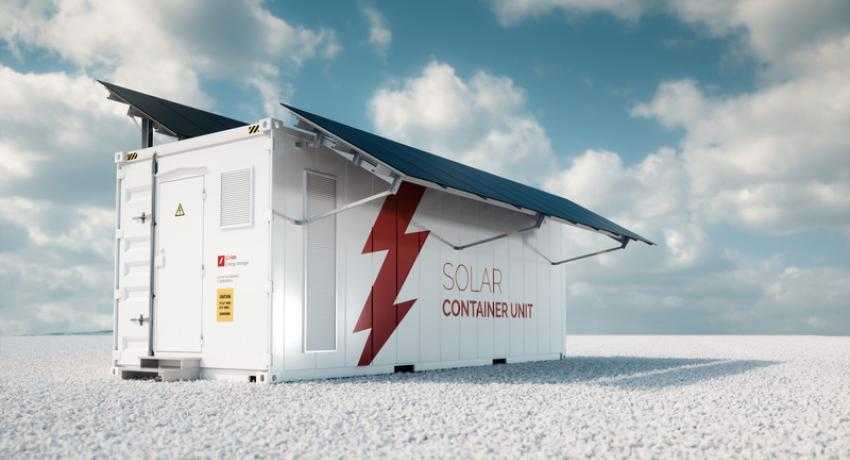Renewable Energy Storage Tax & Incentive Bill to Speed Up The Development of Storage Technology
In Colorado, renewable energy now accounts for nearly 25 percent of the net power generation. The next level of growth in the renewable energy industry is set to come from innovations in energy storage technology.
House Skips New Tax Credits for Energy Storage
While grid-scale energy storage is still some time away, Colorado’s US Sen. Cory Gardner had introduced the Energy Storage Tax Incentive and Deployment Act, which could help expedite the development of storage energy technologies.
For the energy storage industry, establishing new tax credits was the top priority of the year. An energy storage tax credit bill also had bipartisan support, according to the Energy Storage Association (ESA).
While the US House of Representatives approved a broad spending bill on extending tax credits for wind energy, which expire at the end of 2019, for another year, the proposal of the energy storage industry was not considered.
The House had proposed a wide-reaching clean energy package of tax credits, including new incentives for energy storage and offshore wind, and extensions for electric vehicles and solar. Those proposals were not included in the $1.4 trillion spending measure. Storage, which lawmakers had sought incentives for, will continue without credits.
Gardner Bill was Intended to Provide Solar a Boost
This bill aimed to utilize the financial power of the 30 percent ITC (investment tax credit), which has proved to be a game-changer already for the solar energy sector in the country. The supporters of the bill believed that success of the ITC could be pivoted to promote the advancement of energy storage technology.
Energy storage is essentially a technology-neutral approach, which means it is an effective tool irrespective of the source of power. From solar to wind to biofuels to natural gas, every type of energy source will ultimately gain from improved energy storage technologies as they become available on the market. This will lead to the overall strengthening of the domestic energy sector across the nation.
Bringing Energy Storage into Spotlight
Gardner’s legislation was expected to bring energy storage into sharper focus, consider its benefits in reducing the stress during peak power usage periods (which is a significant cost for many ratepayers nationwide.) With the help of energy storage, it is possible to access valuable power at peak times. This singular factor alone could be well worth millions in reduced energy bills, and it is certainly within reach.
Job Creation Opportunity
At the end of the day, energy storage technology will create new jobs. The energy storage industry at present employs more than 70,000 people in the country. With energy storage ITC in place, many more people will be able to find employment in this field. As energy storage boosts the viability of various other energy technologies, it will also benefit other industries in terms of faster job growth due to the expansion of ITC.
Analysts believe that an energy storage ITC would be useful for job creation as well as for American consumers. It is also a favorable deal for people who want to see their tax money to be deployed in initiatives that are going to have a real and long-term impact in their local communities.




